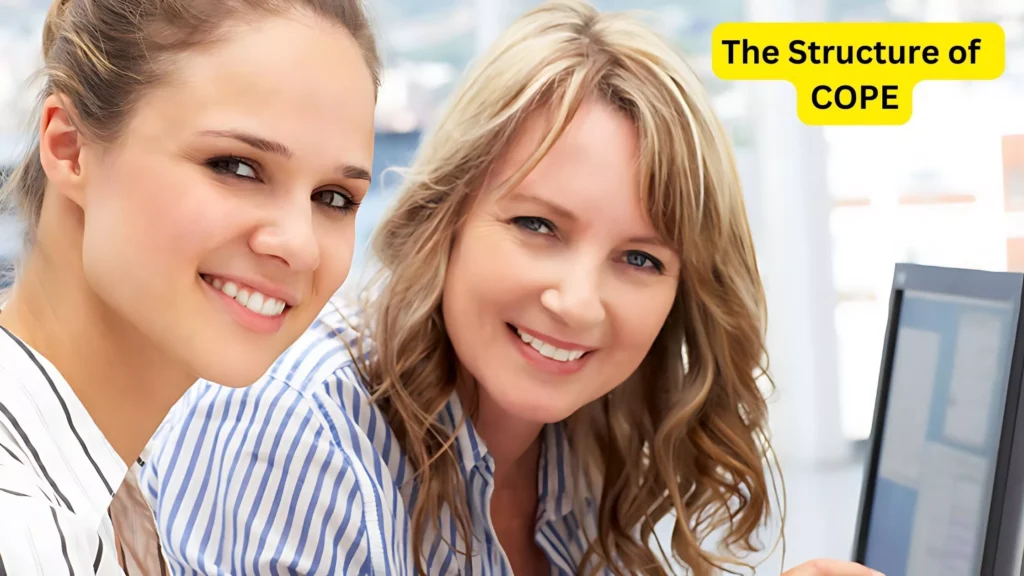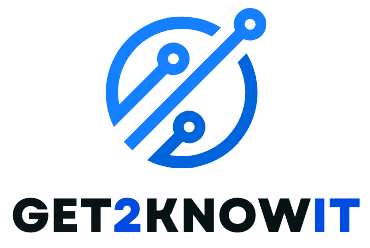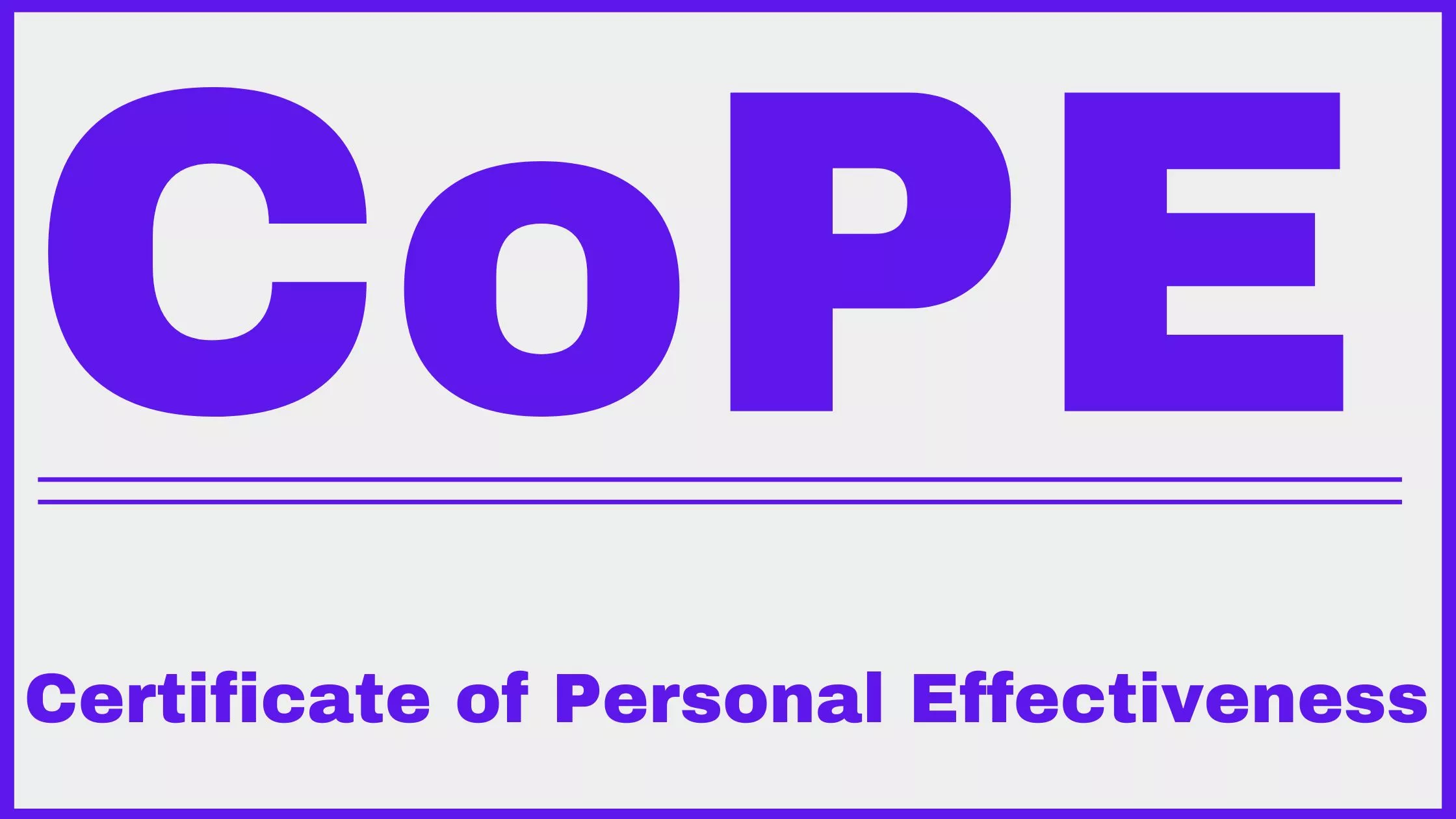The Certificate of Personal Effectiveness is a program that aims to build and evaluate skills needed in life. It focuses on young people, as well as individuals who want to enhance their abilities for further education or work purposes.
By doing interesting tasks and facing problems, learners can improve things such as communication, team working ability, finding solutions for issues and managing themselves better.
Achieving a CoPE shows your initiative, good learning skills and personal qualities that make you different from others and set a path towards success in more studies or your selected career line.
What Does a CoPE Assess?
A Certificate of Personal Effectiveness program examines a variety of significant life skills that are beneficial not only within academic studies but also in work environments.
Communication Skills: This is a vital skill needed for doing well. Being able to express yourself clearly, whether in speaking or writing, is an important quality that can be evaluated by a CoPE program through aspects such as giving presentations, persuasive writing and active listening among others.
Teamwork & Collaboration: This is a required skill in many jobs and learning environments. A CoPE course could evaluate how well you can work with others, assign tasks to team members, and handle disagreements.
Problem-Solving Mind: Evaluate matters and create beneficial answers is an important skill. A CoPE program could evaluate your problem-solving techniques, inventiveness and skills in making decisions.
Research Skills: To do tasks and to have a good understanding of how to research information. In a CoPE program, your capacity in finding dependable sources, examining data, and combining information could be evaluated.
Self-Management: Learning to manage your own learning, setting targets and managing time is crucial. For instance, a CoPE program could evaluate how well you handle time, organize things and motivate yourself.
The Structure of a Certificate of Personal Effectiveness Program

Usually, a Certificate of Personal Effectiveness program is organized with a plan that helps participants to grow and display their personal effectiveness abilities. Here are the main parts explained.
Engaging Activities & Challenges
-Certificate of Personal Effectiveness programs are designed to be interactive and engaging, moving beyond traditional classroom learning.
-Simulations, group works, case studies or presentations that demand use of the aimed abilities in real situations.
-These activities provide opportunities to develop critical thinking, problem-solving, and teamwork abilities.
Portfolio Building
-A main element of a Certificate of Personal Effectiveness initiative is the portfolio, which contains evidence showing what the student has learned and accomplished.
-This portfolio could have thoughts about activities, written reports, presentations or proof of group works.
-Participants could show how they have improved in particular abilities and also record their journey.
Assessment Strategies
-CoPE programs apply different ways of assessment to check the participant’s understanding in gaining skills.
-This might involve written assignments, presentations, peer evaluations, or self-assessments based on learning outcomes.
-The precise methods of assessment can differ based on what skill is being evaluated and how the program is organized.
Flexibility and Levels
-Some CoPE programs have various levels or pathways, enabling participants to advance according to their own speed and develop abilities step by step.
-This can cater to individuals with varying backgrounds and skill sets.
Cost
The exact cost of a Certificate of Personal Effectiveness can vary depending on the awarding organization and level. Itt’s typically offered through educational institutions and not directly to individuals. This means the cost is likely bundled into the program fees for the course or program that helps you achieve the CoPE qualification.
Duration
The duration of a Certificate of Personal Effectiveness depends on the level you’re pursuing. Levels 1 and 2 typically require around 120 hours of work, while Level 3 bumps it up to 150 guided learning hours.
Choosing the Right CoPE Program
Receiving a Certificate of Personal Effectiveness is like putting money in your future, but there are many different programs. It can be confusing to understand the choices available.
Levels & Pathways
CoPE programs are typically available at various levels, enabling you to advance according to your own speed. Here is a breakdown of what could be found:
Foundational Levels: These types of programs concentrate on establishing basic personal effectiveness abilities such as communicating, working in a team and solving problems. They are suitable if you are just beginning or wish to strengthen your foundation.
Advanced Levels: Programs that explore specific areas in greater detail. You could discover options concentrating on leadership, critical thinking, or digital literacy.
Selecting a Program Provider
When choosing a CoPE program, consider the provider’s reputation and accreditation.
Accreditation: Find programs that have been accredited by well-known organizations. This guarantees the program’s quality and legitimacy because it fulfills certain standards set by these accreditors.
Provider Reputation: Investigate the program provider. Try to find associations that have a background in providing top-notch CoPE programs.
Getting a CoPE is excellent, yet the path does not finish. The real strength is in developing personal effectiveness that lasts for life. Utilize skills from your CoPE to establish learning goals, pinpoint places of ongoing betterment and find resources for maintaining sharp abilities. Think about it, learning never stops.
If you always have a mindset for growth and keep looking for fresh difficulties, your personal effectiveness will grow constantly throughout life.




